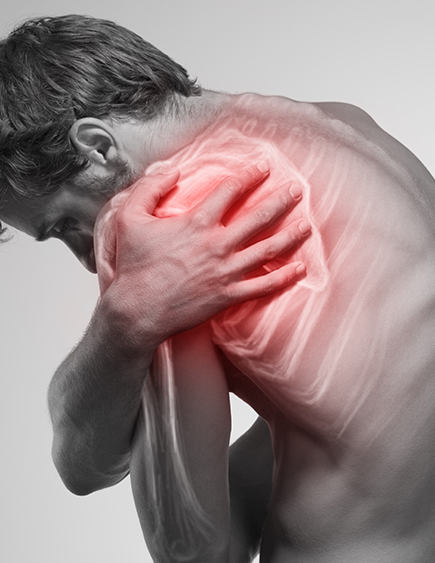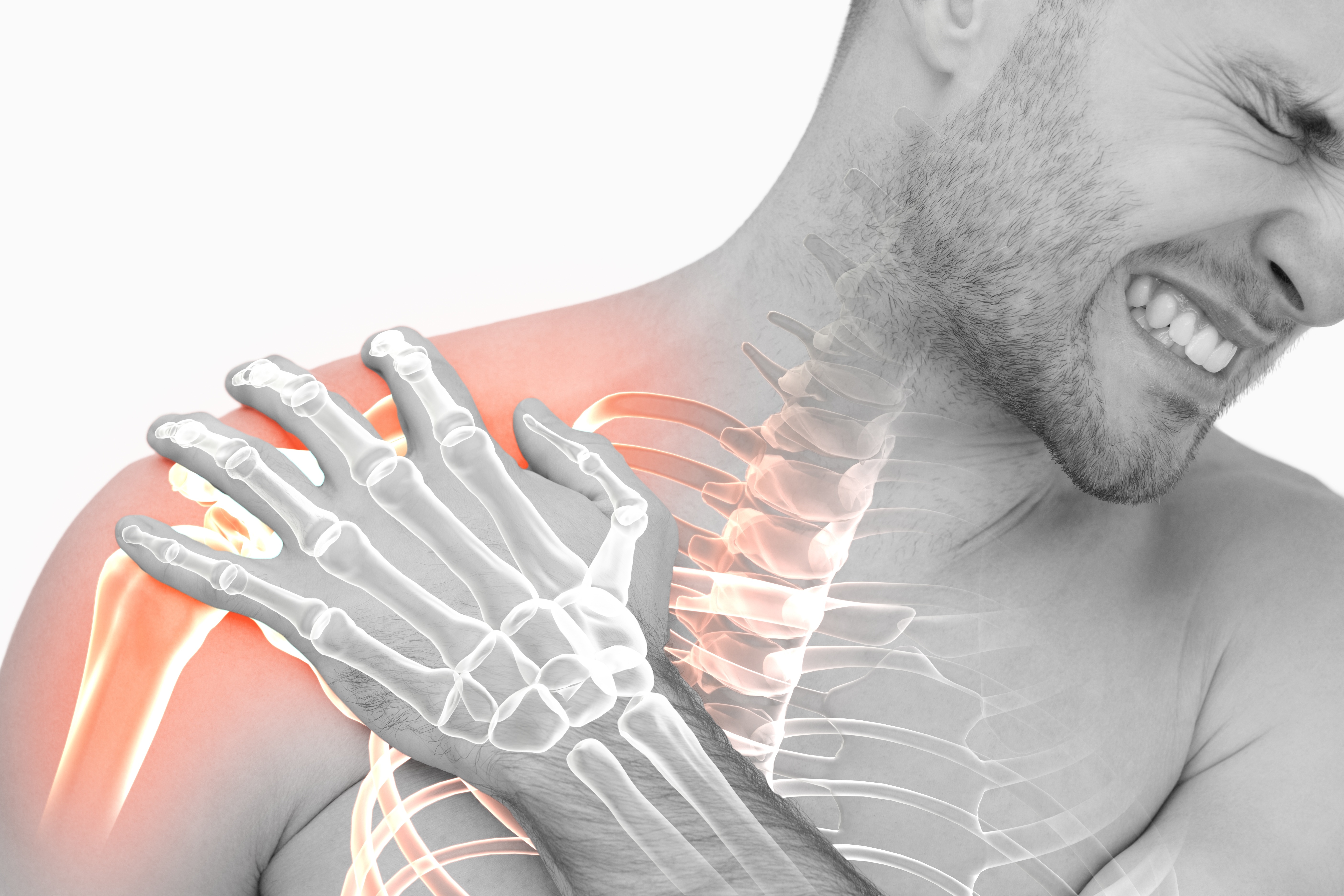Hassle-free Insurance Verification
Treating Shoulder Pain: Shoulder Impingement
Whаt іѕ Shoulder Impingement Syndrome?
If the rotator cuff tendons get pinched in the thin gap below the acromion, the bursa and tendons can both become swollen and irritated, which may lead to more impingement and substantial shoulder ache.
This condition affects the shoulder bursa. Due to consistent movements of the shoulder or a mild injury, the bursa can get inflamed and painful. The bursa is padding located between the rotator cuff and the acromion bone. If the rotator cuff tendons get pinched in the thin gap below the acromion, the bursa and tendons can both become swollen and irritated. As a result, the muscles of the shoulder complex and rotator cuff may become weak and let the shoulder slide up in the socket.
This can lead to more impingement and substantial shoulder ache. If you raise the arm away from the side of your body, the pinching pain can worsen. Moreover, if acromion is affected by arthritis, it can develop bone spurs that can make the space beneath it even narrower. Bone spurs-triggered impingement is common in seniors, sports people and those who must use overhead arm positions when working.

Shoulder impingement grades
- Grade I, which entails the inflammation of the tendons and bursa
- Grade II, which entails consistent thickening and scarring of the bursa
- Grade III, which is noticeable after the rotator cuff tears and wear and tear have occurred.
Common signs for a shoulder impingement
- When the arm is lifted at the shoulder level or above it, pain or difficulty is experienced.
- Muscles weakness
- Pain when trying to lie on the ailing shoulder
- Chronic shoulder pain that doesn’t have an end
- Inability to reach behind the back or head due to serious shoulder pain
Did you know?
All of our Shoulder Pain treatment specialists in New York and New Jersey are Harvard Trained and Board Certified in Pain Management.
To ensure safe and effective treatment, book an appointment with an experienced Board Certified Shoulder Pain treatment doctor.
Treatments

PRP (Platelet Rich Plasma) injections
These can be used to treat this shoulder problem as well. As the injections use platelets and growth factors removed from your own blood, they are safe and good at arousing body tissues repair. According to research findings, PRP injections are better than other types of injections used to cure osteoarthritis and chronic tendonitis. The best candidate is determined via a Magnetic Resonance (MRI) scan. This test will help the doctor discover arthritis in your shoulder joint or another cause of pain.
A PRP injection therapy takes less than five minutes at the doctor’s office and it feels just like any other injection you have done before. Two to four treatments are needed for full results to be noted. Fifty to seventy-five percent cases show improvement after their PRP injection therapy. The treatment causes no down time and can be combined with physical therapy to promote muscles and joint performance. While shoulder pain will not go away in the first 24 hours after treatment, it will reduce in due course.
Steroid injections
As with rotator cuff tears, shoulder impingement is treated with steroid injections. These reduce inflammation, pain, and swelling. Two to three steroid injections given once every six months are enough to stop shoulder impingement symptoms. The shots contain steroid medicines and are administered to four areas of your shoulder: biceps tendon, acromioclavicular joint, intra-articular, and subacromial.
Hyaluronic Acid Injections
These can also be used to treat a shoulder impingement problem. These injections allow joint lubrication and reduce joint inflammation and pain. They are mainly used to improve the shoulder gliding process and minimize pain and inflammation. As hyaluronic acid injection involves the use of a natural joint lubricant, it acts as a great replacement for the natural synovial fluid which is lost due to a degenerative joint disease.
book now
Meet our team
Experiencing Shoulder Pain and need to make an appointment as soon as possible?
Expect a call from our Pain Treatment Center scheduling team. We will collect your insurance information to ensure you’re covered and book you an appointment as soon as possible.
Give us a call at (212) 470-0435
Experiencing Pain?
Dr. Laura Lombardi
Pain Doctor New Jersey
Harvard Medical School
Dr. George Hanna
Pain Doctor New York
Harvard Medical School
Dr. Michael Nguyen
Pain Doctor
Harvard Medical School
Dr. Shane Volney
Pain Doctor New York
Harvard Medical School
Dr. Jeffrey Deygoo
Pain Doctor New York & New Jersey
Hofstra-Northwell School of Medicine
Dr. Jack Bulat
Harvard Medical School
TAKE A PERSONAL LOOK AT OUR CLINIC via
Instagram
Error: No feed with the ID 1 found.
Please go to the Instagram Feed settings page to create a feed.






